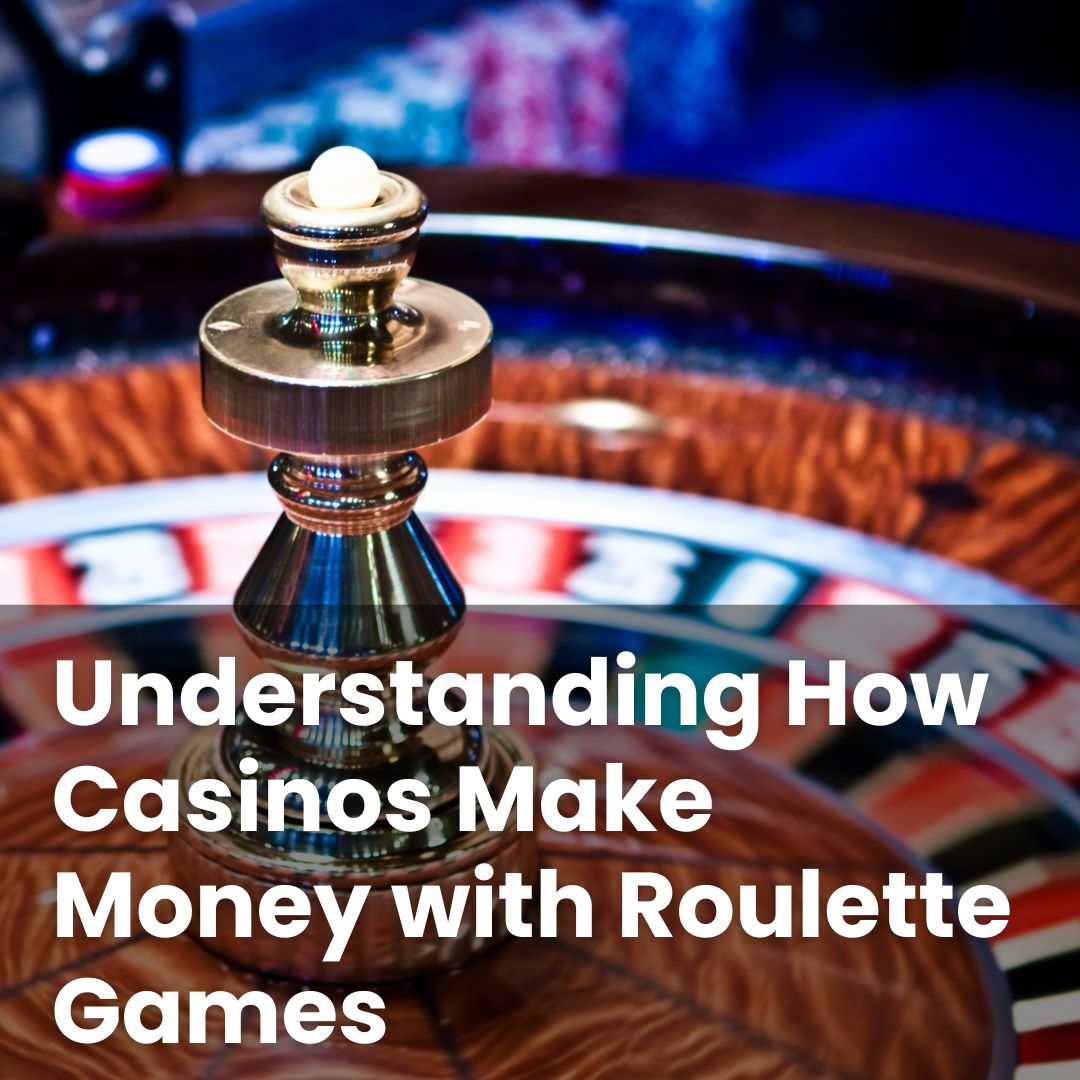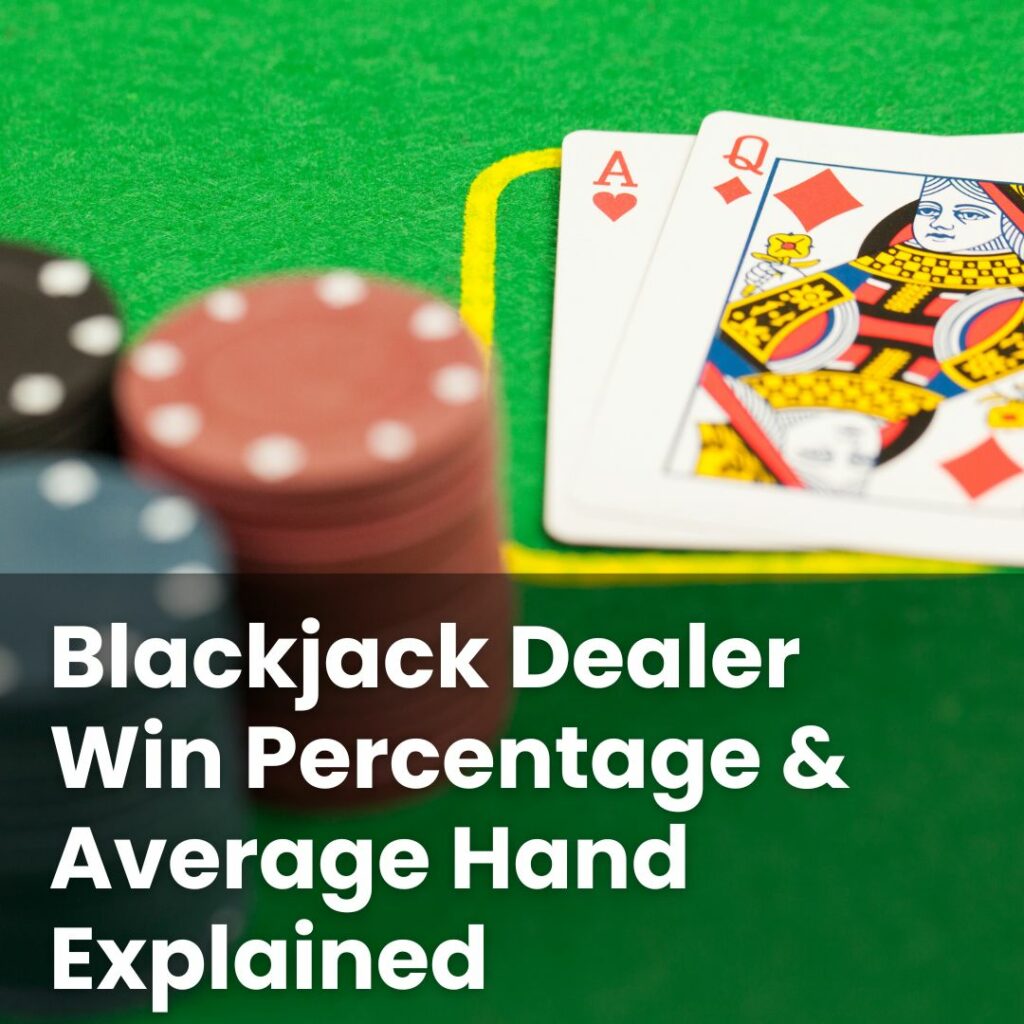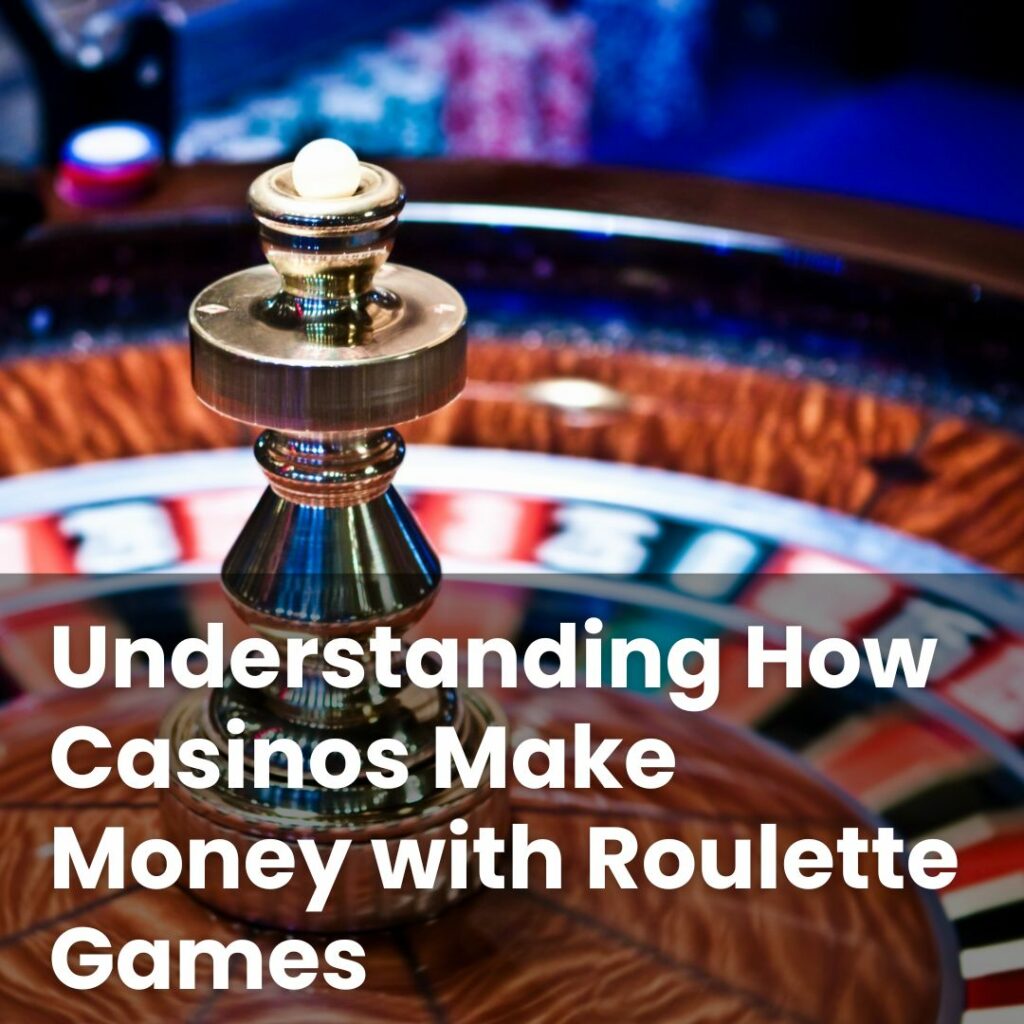Roulette is one of the simplest games you’ll see in many UK casinos, but it may leave people wondering: if players sometimes win large payouts, how does the casino keep running the game profitably?
This guide explains how roulette works, what the “house edge” means, and why the odds are designed to favour the casino over the long term.
By breaking down the rules, potential payouts, and differences between versions of the game, you’ll see how casinos can earn from roulette while players enjoy the experience. If you’re new to casino games, this introduction may help you understand the numbers behind the wheel.
How Roulette Works in Online and Land-Based Casinos
Roulette is played on a spinning wheel with numbered pockets. In the UK, most versions use a European wheel with 37 pockets: numbers 1 to 36 and a single zero. Bets are placed on where you think the ball might land after the spin.
In online casinos, roulette comes in two forms:
- Computer-based: results are produced by a Random Number Generator (RNG). This is software tested to ensure each spin is unpredictable.
- Live dealer: a real croupier spins a physical wheel, streamed by video, and players bet remotely within a time limit.
In land-based casinos, the game runs with a physical wheel, a croupier, and chips placed directly on a felt table layout.
The pace and betting limits can differ depending on where you play. Online games often move more quickly, while land-based tables may slow down if there are several players involved.
The basic structure of roulette—the wheel, the types of bets, and the way payouts are calculated—stays much the same. Even so, there are different versions of roulette, and each may include its own rules or features, so it may be worth checking these before you start placing bets.
What Is the House Edge in Roulette?
The house edge is the percentage that the casino expects to retain over time. It is built into the rules, not hidden.
On a European wheel, the presence of the single zero gives the casino a margin of about 2.7%. This means that if £100 is staked across many spins, the long-term average outcome is that around £2.70 is kept by the casino.
For example, placing a £5 bet on red gives close to a 48.6% chance of winning (18 red pockets out of 37). If it pays, you receive £5 profit, but the zero pocket reduces the winning probability compared to an even 50/50 chance. That gap is where the edge comes from.
An American wheel, which has an extra double zero, increases the total pockets to 38. This pushes the house edge up to 5.26%, so the average long-term return to the casino is higher than on a European wheel.
Why Do Casinos Always Profit from Roulette?
Casinos generally make money from roulette because the potential payouts are set slightly lower than the true odds of each bet. This built-in difference is known as the house edge.
For example, a straight-up bet (backing a single number) on a European wheel has a 1 in 37 chance of winning. If payouts matched the true odds, the return would be 36 to 1. Instead, the actual payout is 35 to 1. That single step down from the true odds is what gives the casino its margin.
The same applies across other bets:
- A split bet on two numbers has odds of 2 in 37, but pays 17 to 1 instead of 18 to 1.
- An even-money bet (such as red/black or odd/even) pays 1 to 1, yet it does not cover the zero pocket, which tilts the balance towards the house.
This structure means that, across many spins, the casino tends to retain a percentage of the money wagered. However, it does not mean players cannot win. Some spins do pay out, and sometimes significantly, but because roulette is a random game of chance, no outcome can ever be predicted and no winnings are guaranteed. Over the long run, the small difference between true odds and the payout table is what keeps the game profitable for the operator.
European vs American Roulette: Which Pays More to the Casino?
At first glance, the European and American roulette wheels look almost the same, but there is one key difference. The European wheel has 37 pockets, numbered 1 to 36 plus a single zero. The American wheel has 38 pockets, because it adds an extra pocket called the double zero (00).
That extra space on the wheel changes the maths. With more pockets, the odds of winning any bet are slightly lower, and the casino’s built-in edge becomes bigger.
To see the difference, imagine placing a £1 bet on a single number:
- On a European wheel, the average long-term loss is around 2.7 pence.
- On an American wheel, the average long-term loss is just over 5.2 pence.
This is why the European version is the standard in many UK casinos. If you do come across an American wheel, keep in mind that the additional double zero means the game is designed to return more to the casino over time.
How Casino Payouts in Roulette Are Structured
Roulette uses a clear paytable that shows what each bet type may return. Some common ones on a European wheel are:
- Single number (straight-up): 35 to 1
- Two numbers (split): 17 to 1
- Three numbers (street): 11 to 1
- Four numbers (corner): 8 to 1
- Even-money bets (red/black, odd/even, high/low): 1 to 1
Because the potential payouts don’t quite reflect the true odds, the casino retains its percentage edge.
Some tables may also offer La Partage or En Prison rules. Both apply only to even-money bets if the ball lands on zero:
- La Partage: half of your stake is returned.
- En Prison: your stake is “held” for one more spin; if it wins, it is returned.
These optional rules can reduce the house edge on those bets to around 1.35%, making the outcome slightly more favourable for players compared to standard European roulette.
It may be worth checking the rules tab online, or asking the croupier in a physical casino, to see if these features are in place.
Why Roulette Remains One of the Most Popular Casino Games
Roulette remains widely played because it is straightforward to learn, yet offers varied betting choices. You can back a single number for a higher potential payout with a smaller chance of success, or place an even-money bet such as red/black for outcomes that might land more often. Neither option is “better” in absolute terms—it depends on your preferences.
Part of roulette’s appeal is also the setting. In person, the sound of chips on felt and a dealer calling the result makes it a social game. Online, live streams bring that same layout to your device, while computer-based versions offer faster play.
However, some roulette games may vary, depending on the version being played and the casino rules. So, you may want to check the paytable and game rules before placing any bets.
Roulette is a random game of chance, which means the outcome of each spin cannot be predicted and no strategy can guarantee a win. If you do decide to play, it may help to set a spending limit beforehand and think about how long you want your session to last.
It is also sensible to pause or walk away if the game stops being enjoyable. Many licensed UK operators provide tools, such as deposit limits and time reminders, which can support you in managing your play. Most importantly, only stake money you are comfortable losing and view roulette as entertainment, rather than a way to make money.










